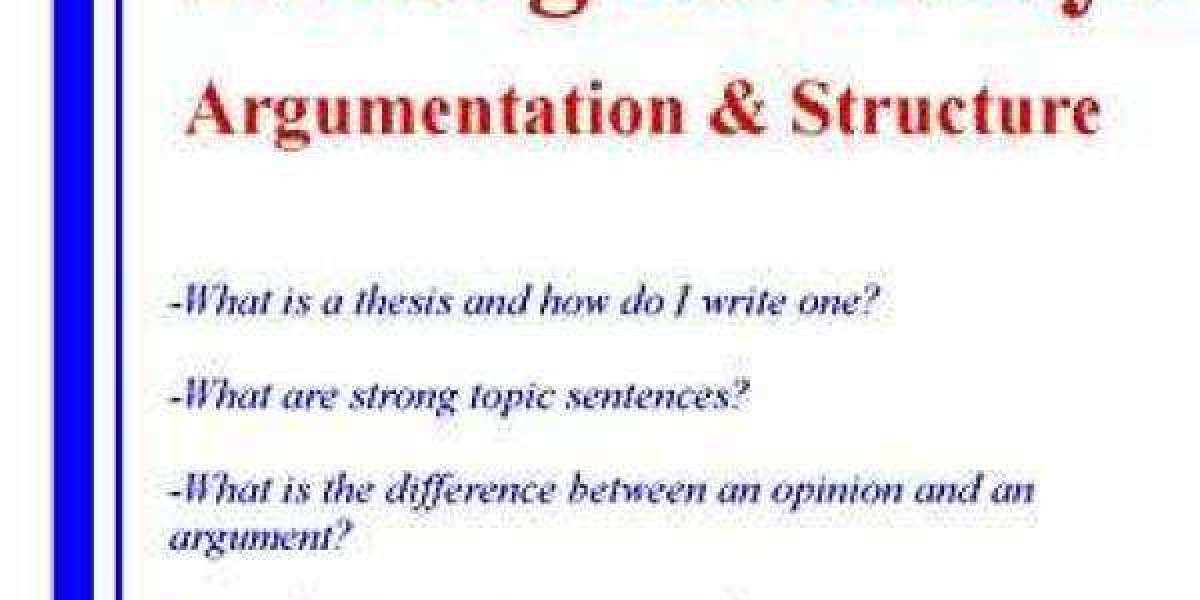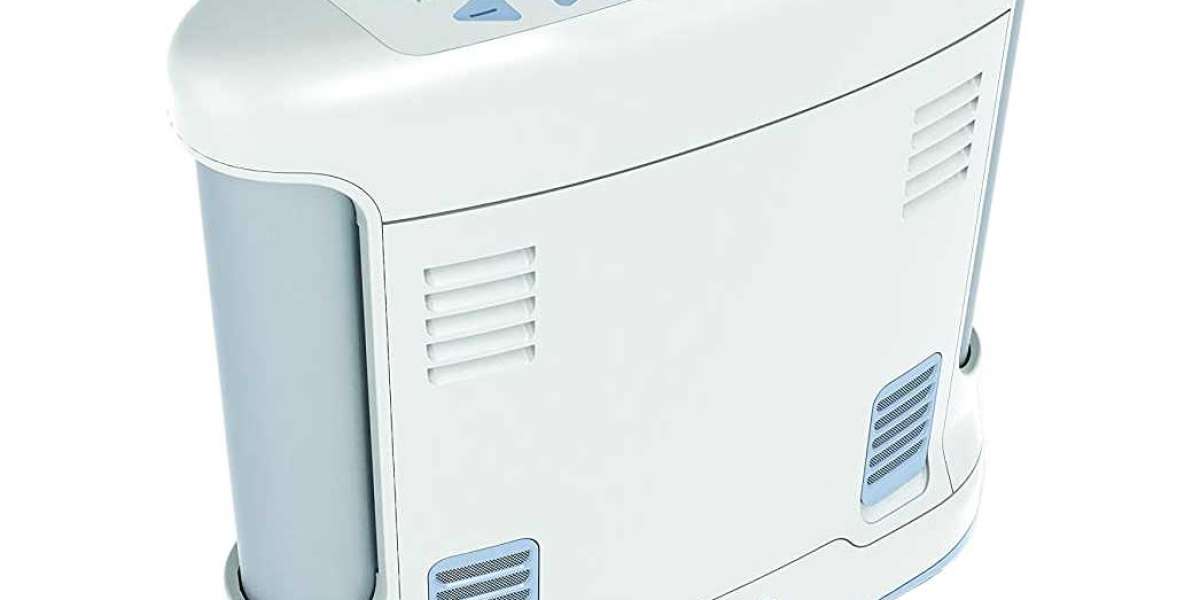Writing an essay can be a powerful tool for self-expression and for exploring and understanding your
thoughts and feelings. By taking the time to reflect on your experiences and to express your thoughts
and feelings in words, you can gain a greater understanding of yourself and your world.
Writing can also be a great way to connect with others. By sharing your thoughts and feelings with
others through your writing, you can create a connection and a sense of understanding.
So, if you#39;re feeling stuck, or just want to explore your thoughts and feelings a bit more, why not give
writing an essay a try?
The Power of Writing: How Writing Can Help You Heal, Grow, and Change
Writing can be a powerful tool for healing, growth, and change. It can help you process and make sense
of your experiences, thoughts, and feelings. Writing can also help you develop greater self-awareness
and clarity, and can even be used as a form of self-care.
There is no one “right” way to use writing for healing, growth, and change. However, there are some
general tips that can be helpful:
1. Be honest and authentic. Write from your heart, and don’t worry about being perfect.
2. Be patient with yourself. Writing can be a slow and gradual process, so don’t expect immediate
results.
3. Be gentle with yourself. Allow yourself to express whatever you’re feeling, without judgment or
criticism.
4. Seek professional help if needed. If you’re struggling with a mental health issue, trauma, or other
difficult experiences, consider seeking professional help. A therapist can provide guidance and support
as you work through your experiences.
If you’re interested in using writing for healing, growth, and change, consider giving it a try. You may be
surprised at how powerful and helpful it can be.
Writing as a Tool for Self-Exploration and Discovery
Writing can be a powerful tool for self-exploration and discovery. It can help you to better understand
yourself, your thoughts and feelings, and your experiences. Writing can also be a way to process and
make sense of the events in your life.
Through writing, you can explore your hopes, dreams, and fears. You can also use writing to work
through difficult emotions and experiences. Writing can be a way to release and express the things that
are troubling you. It can also be a way to find clarity and understanding.
If you’re not sure where to start, try writing about your day-to-day experiences. What are your thoughts
and feelings? What are the things that make you happy or sad? What are your hopes and fears?
You can also use writing as a way to reflect on past experiences. What did you learn from them? How
did they make you feel? What did you take away from them?
Writing can be a powerful tool for self-discovery. It can help you to better understand yourself, your
thoughts and feelings, and your experiences. So give it a try – you may be surprised at what you discover
about yourself!
The Transformative Power of Writing: How Writing Can Change Your Life
There is something powerful and cathartic about putting your thoughts and feelings down on paper. It
can be a way to process and make sense of your experiences, both good and bad. It can be a way to vent
your frustrations and anger. It can also be a way to express your joys and happiness. Writing can be a
way to work through your emotions and gain clarity and insight world essay .
In addition to providing emotional benefits, writing can also have a positive impact on your physical
health. Studies have shown that writing about stressful experiences can boost your immune system and
reduce stress hormones. Writing can also help to improve your memory and cognitive function.
So, if you’ve been feeling stuck, or if you’re dealing with a challenging situation, why not give writing a
try? It just might change your life.
Writing to Heal: The Power of Writing for Emotional and Mental Health
Writing to heal is not a new concept. In fact, the power of writing for emotional and mental health has
been well-documented over the years.
There are many reasons why writing can be therapeutic. It can help you to process and make sense of
your feelings, to work through difficult experiences, and to gain clarity and insight. Writing can also be a
way to express yourself creatively, to connect with others who have similar experiences, and to build
self-confidence and self-esteem.
There is no one “right” way to do it. Some people prefer to keep a journal, while others write letters
that they never send. Some people write poetry or fiction, while others write about their day-to-day
lives. The important thing is to find a method that works for you.
Here are some tips to get you started:
1. Set aside some time each day or week to write. Make it a regular habit, and try to stick to it as best
you can.
2. Find a quiet place where you can write uninterrupted.
3. Don’t worry about grammar or punctuation. Just let the words flow.
4. Be honest with yourself. Write about what’s really going on in your life, even if it’s painful or difficult
to think about.
5. Be patient. It takes time to process your emotions and thoughts on paper. Don’t expect to have
everything figured out after one session.
6. Seek professional help if you’re struggling with a mental health issue. Writing can be a helpful tool,
but it’s not a substitute for professional treatment.
Writing for Growth and Change: How Writing Can Help You Transform Your Life
Writing can be a powerful tool for growth and change. It can help you explore your thoughts and
feelings, process your emotions, and gain insights into your behavior. Writing can also help you set
goals, create action plans, and track your progress.
If you’re looking to make changes in your life, writing can be a helpful tool. Use the following tips to get
started:
1. Start with why.
Before you start writing, take some time to think about why you want to make changes. What are your
goals? What do you hope to achieve? What are your values and priorities? Once you have a clear sense
of your why, you’ll be more motivated to stick with your plan.
2. Be specific.
When you’re writing, be as specific as possible. This will help you to be more focused and intentional
with your goals. For example, rather than writing “I want to be healthier,” try “I want to eat more
vegetables and exercise for 30 minutes each day.”
3. Set a deadline.
If you’re working on a long-term goal, setting a deadline can help you stay on track. Having a specific
date to aim for will help you to stay focused and motivated.
4. Make a plan.
After you’ve set your goals, it’s time to make a plan. What specific steps will you take to reach your
goals? How will you stay on track? Writing out your plan will help you to stay organized and focused.








